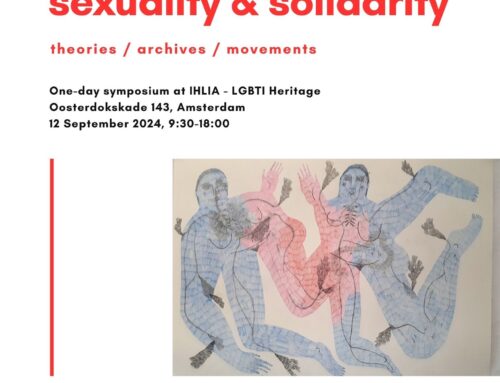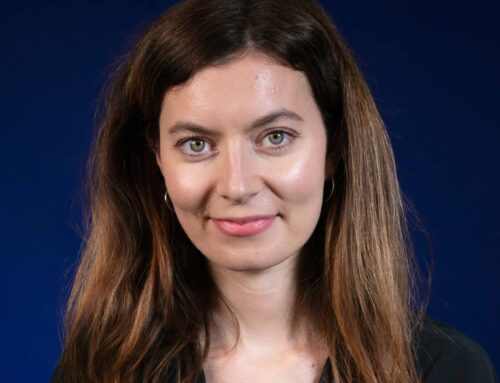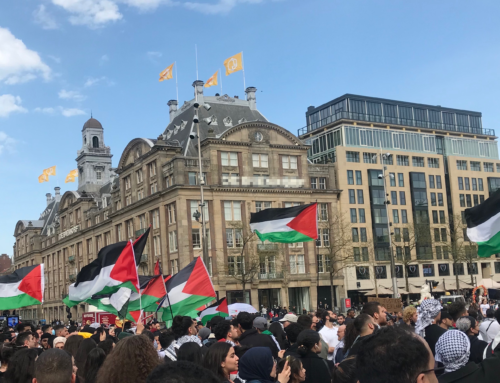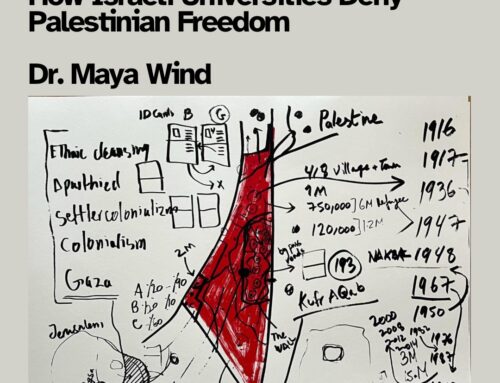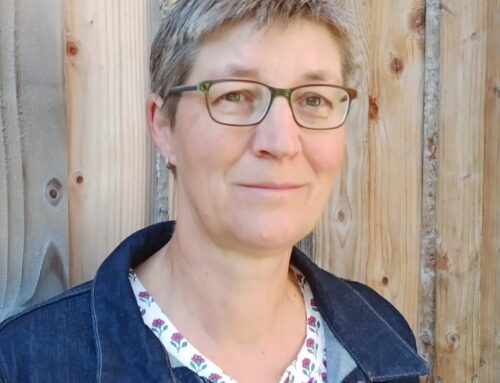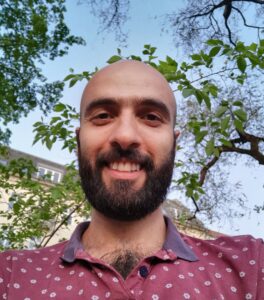 On Wednesday June 30, 2021 from 11:00-15:00 hrs Dr. Fadi Saleh will teach the online NOG masterclass ‘Queer/Trans Anthropology: Insights for Transdisciplinary Research’.
On Wednesday June 30, 2021 from 11:00-15:00 hrs Dr. Fadi Saleh will teach the online NOG masterclass ‘Queer/Trans Anthropology: Insights for Transdisciplinary Research’.
Over the decades following the emergence and consolidation of queer and, later, trans studies, cultural anthropologists started to import and incorporate queer and trans theories, methods, and methodologies into their work. Conversely, queer and trans studies scholars were quick to realize the importance of anthropological inquiry and ethnographic methods to the study and theorization of the lived experience, oral histories, personal narratives, and stories of queer and trans persons across various cultural, social, linguistic, and geopolitical settings. How have feminist/(trans)gender/ queer studies transformed the field of anthropology and its approaches to issues of non-normative genders and sexualities across diverse and complex contexts? How have anthropology and its primary method, ethnography, enriched and changed the ways we think of gender, sexuality, and queerness as they intersect with race, class, nation, religion, ability, and other identity categories?
This NOG masterclass will introduce students to the emerging field of queer anthropology which brings into productive conversation the fields of queer/trans studies and cultural anthropology. Students will learn about some of the central tenets, histories, debates, tensions, and challenges that queer anthropology addresses. Primarily, we will focus on four specific areas of inquiry in relation to queer anthropological knowledge production: positionality, research ethics, representation, and eroticism. With the emergence of postcolonial, decolonial, and queer/trans of color critique of and engagements with both queer/trans studies and anthropology, questions of agency, researching “minorities”, representing difference and “others”, and writing about non-normative desire have become more salient and demand new, innovative approaches and theorizations that decentralize and destabilize cis-heteronormativity, homonormativity, and Eurocentric biases of queer and trans studies as well as anthropological inquiry. Although this masterclass centralizes anthropological inquiry as it intersects with queer and trans studies, it goes beyond these disciplinary limitations and reflects on the different ways queer/anthropological methods, methodologies and theories have permeated various other disciplines. Through reflecting on their own research, students will engage in a productive dialogue about the value of queer/anthropological inquiry for the ways they approach questions of non-normative genders and sexualities in their work.
Students are expected to read the assigned texts and actively engage in a discussion based on their reflections and research interests in which they draw connections between the required readings, the topic of the masterclass, and (some of) their own research questions, the methods and methodologies they use, or the theories they draw on.
Readings:
– Boellstorff, Tom. 2003. “Dubbing Culture: Indonesian gay and lesbi Subjectivities and Ethnography in an Already Globalized World”. American Ethnologist 30 (2): 225 – 242.
– Dutta, Anirdduha and Raina Roy. 2014. “Decolonizing Transgender in India: Some Reflections”. Transgender Studies Quarterly 1 (3): 320 – 337.
– Lewin, Ellen. 2016. “Who’s Queer? What’s Queer? Queer Anthropology through the Lens of Ethnography”. Cultural Anthropology 31 (4): 598 – 606.
– Manalansan, Martin F. 1995. “In the Shadows of Stonewall: Examining Gay Transnational Politics and the Diasporic Dilemma”. GLQ 2: 425 – 438.
– Rooke, Alison. 2009. “Queer in the Field: on Emotions, Temporality, and Performativity in Ethnography”. Journal of Lesbian Studies 13 (2): 149 – 160.
– Saleh, Fadi. 2020. Transgender as a humanitarian category: The case of Syrian queer and gender-variant refugees in Turkey. Transgender Studies Quarterly, 7(1), 37-55.
Registration:
Participation is open to PhD and advanced Research Master students interested in queer/trans anthropological knowledge production and its implications for other disciplines (max 15 students). NOG members have first access.
Please register for the masterclass by sending an abstract of your own ongoing research project (max. 250 words) and additional short paragraph stating your motivation (max. 100 words).
Kindly send the abstract and the motivation paragraph to NOG@uu.nl as soon as possible.
This masterclass will take place online.
PhD and RMA students will be awarded 2 ECTS for attending the NOG masterclass and the NOG public lecture by Fadi Saleh titled “Syrian LGBTIQ Refugees after the Hype: Affects, Representations, and Queer Humanitarianism ” on Tuesday June 29, 2021 (online). More information on the public lecture can be found here.
Biography:
Fadi Saleh finished his PhD in cultural anthropology at the University of Göttingen, Germany. His research and teaching focus on queer and trans issues from a transnational perspective, with a focus on migration, humanitarianism, and the politics of representation and knowledge production. His work has appeared in Middle East Critique and Transgender Studies Quartertly. Outside of academia, he has worked in different LGBTIQ organizations across the MENA region and Europe in different training, consultancy, advocacy, and activist capacities.


